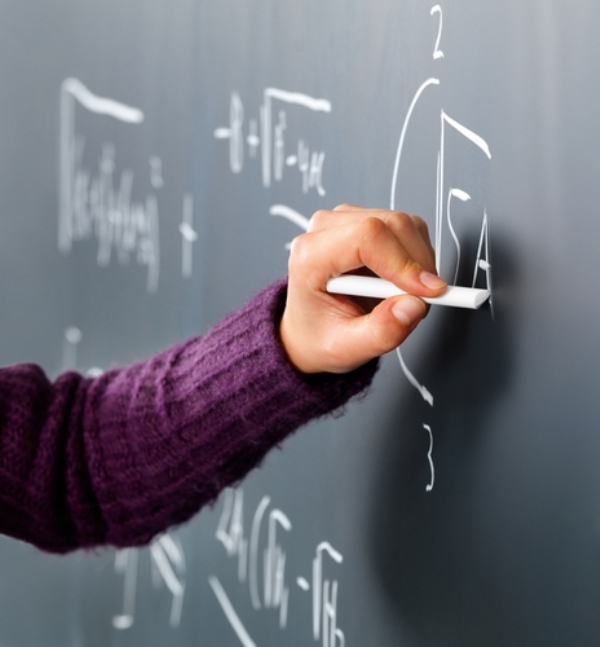Instruction
1
Listen carefully to the material that explains the teacher. Axioms and theorems necessary to understand, understand to learn to prove. Reading the proof of a theorem, reproduce it on paper, and then check with the textbook. Remember that the ability to solve tasks is a consequence of the deep witness of the relevant theoretical material.
2
Always do your homework. In conventional mathematics lessons only laid the Foundation of mathematical knowledge. All homework is mandatory for absorption.
3
Reading condition of the task, do not rush immediately to record it. First, understand what it is that you are asked to find. Make a small illustration, sign the necessary details. An important factor is mental calculations. If the task causes difficulty, put it, a bit of a break, and then start thinking. If you know the answer to the problem, it is possible not to suffer in conjecture, as you have rightly decided or not.
4
In mathematical textbooks, manuals, collections of examples of solving common tasks. Do not be lazy to consider them carefully and disassemble. Must extract something useful.
5
Effective are hand written guides. When learning new material definitely adds to his "crib". No need to open the books and dig into notes.Enough in the directory to determine whether they are in this case and the task. Similar benefits well develop visual memory. After some time, even they will not be required.
6
Try to memorize the basic formulas, theorems, tables of values of trigonometric and inverse trigonometric functions, graphs of elementary functions. Learn how to make the solution algorithm. The sequence always implies a logical result.



